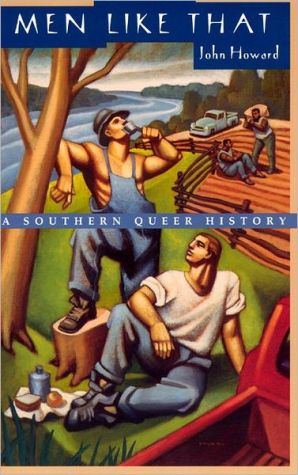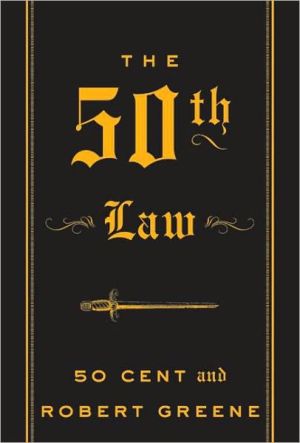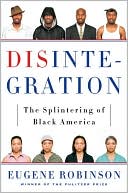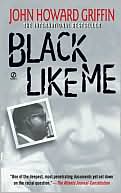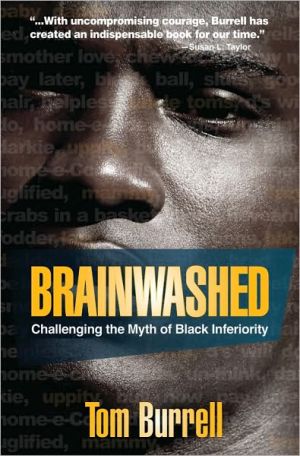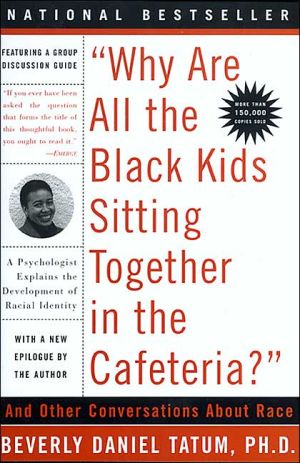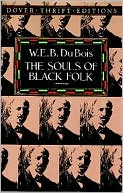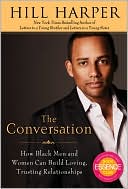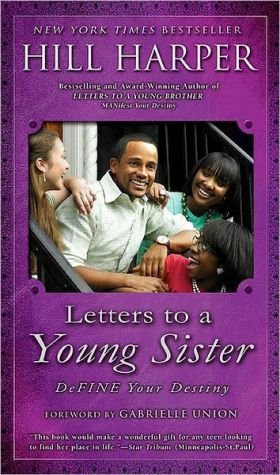Men Like That: A Southern Queer History
We don't usually associate thriving queer culture with rural America, but John Howard's unparalleled history of queer life in the South persuasively debunks the myth that same-sex desires can't find expression outside the big city. In fact, this book shows that the nominally conservative institutions of small-town life - home, church, school, and workplace - were the very sites where queer sexuality flourished. As Howard recounts the life stories of the ordinary and the famous, often in their...
Search in google:
"[O]ne of the most important books yet written about gay life in the U.S."-ChoiceThis unparalleled history of queer life in the South persuasively challenges the commonly accepted idea that same-sex desire cannot find expression outside the big city. Spanning four decades, Men Like That recounts the life stories of both the ordinary and the famous-often in their own words-and traces queer sexuality throughout its rural landscape.Publishers WeeklyFor three decades, social historians have claimed that for gay people, sexual freedom was only found in cities because rural areas were draconian in their regulation of nontraditional sexual practices. In this groundbreaking and engrossing analysis of gay male life in postwar Mississippi, Howard, a professor of American Studies at the University of York, boldly demonstrates that gay culture and sex not only existed but flourished in small towns and agricultural communities throughout the state. Supporting his challenging argument with a compelling mixture of postmodern theory, reportage, cultural analysis, conjecture and personal anecdote, Howard not only convinces but paints a vivid, complex and often startling portrait of the lives of Southern gay men between 1945 and 1985. While the 55 personal interviews and oral histories--which are alternately funny, poignant, informative and sometimes unsettling--form the emotional backbone of the book, Howard is terrific at explicating obvious homosexual content in popular culture. His reading of the gay themes in Bobbie Gentry's 1967 country hit "Ode to Billy Joe" and of Joe Hains's spirited defenses of homosexuality in his popular entertainment column in the Jackson Daily News from 1955 to 1975, and Howard's own interpretation of an infamous murder trial, support his thesis that homosexuality was anything but hidden. Most provocative of all, however, is Howard's innovative analysis of how gay sexual activity and homophobia fueled and shaped white resistance to the black civil rights movement. (Nov.) Copyright 1999 Cahners Business Information.
AcknowledgmentsIntroduction1Ones and Twos32Sites343Movements784Norms and Laws1275Representations1746Politics and Beliefs2307Scandals257Epilogue299Appendix 1A Note on Interviews307Appendix 2Carl Corley Bibliography310Appendix 3Population of Selected Mississippi Communities, Towns, and Cities312Notes315Index367
\ Publishers Weekly - Publisher's Weekly\ For three decades, social historians have claimed that for gay people, sexual freedom was only found in cities because rural areas were draconian in their regulation of nontraditional sexual practices. In this groundbreaking and engrossing analysis of gay male life in postwar Mississippi, Howard, a professor of American Studies at the University of York, boldly demonstrates that gay culture and sex not only existed but flourished in small towns and agricultural communities throughout the state. Supporting his challenging argument with a compelling mixture of postmodern theory, reportage, cultural analysis, conjecture and personal anecdote, Howard not only convinces but paints a vivid, complex and often startling portrait of the lives of Southern gay men between 1945 and 1985. While the 55 personal interviews and oral histories--which are alternately funny, poignant, informative and sometimes unsettling--form the emotional backbone of the book, Howard is terrific at explicating obvious homosexual content in popular culture. His reading of the gay themes in Bobbie Gentry's 1967 country hit "Ode to Billy Joe" and of Joe Hains's spirited defenses of homosexuality in his popular entertainment column in the Jackson Daily News from 1955 to 1975, and Howard's own interpretation of an infamous murder trial, support his thesis that homosexuality was anything but hidden. Most provocative of all, however, is Howard's innovative analysis of how gay sexual activity and homophobia fueled and shaped white resistance to the black civil rights movement. (Nov.) Copyright 1999 Cahners Business Information.\ \ \ \ \ Library JournalHoward (lecturer, American history, Univ. of York) provides a stirring analysis of gay male life in Mississippi from the end of World War II to the onset of the AIDS crisis. The author reveals that contrary to popular belief, gay culture not only existed but also thrived in the state's small towns and rural areas. Homes, churches, schools, and workplaces saw prospering gay sexuality. Howard's account depicts historical periods of great progress and times of extreme oppression. While the 1950s were years of "queer networking," the days of heady sexuality in the 1960s were a time of hostile oppression. Most controversially, Howard reveals how gay sexual behavior and homophobia prompted white resistance to the Civil Rights movement. Men Like That will confront and challenge readers' thinking about gay life in the South and rural America. Recommended for all gay studies collections.--Michael A. Lutes, Univ. of Notre Dame Libs., South Bend, IN Copyright 2000 Cahners Business Information.\ \ \ Madeleine MinsonJohn Howard aims to debunk the myth that all gay roads lead to the metropolis by writing a history of queer life in the small towns and rural areas of the American South…His insights into queerness and the mentality of the American South should be of great interest both to the professional gay historian and the general reader. \ —Times Higher Education Supplement\ \ \ \ \ Kirkus ReviewsWith a scrupulous eye for detail, Howard traces the evolution of homosexual identities in Mississippi from 1945 to 1985 and, in the process, offers a perceptive look into queer lives away from America's urban centers. Howard (American History/Univ. of York, England) takes a twin approach in his history, recounting and contextualizing the oral histories of queer Mississippians, as well as uncovering queer lives through documents of historical record. Howard's informants provide an insider's view into how gay networks developed and evolved in rural Mississippi, how men found one another despite the manifold dangers of discovery involved. Concluding against the conventional wisdom that the 1950s were a period of sexual repression, Howard explores how queer men of the time carried on a lifestyle pulsating with sexuality, through an analysis of their lives at home, school, church, college, and work. He also argues that for gay men in Mississippi, the 1960s brought about a tightening of sexual codes (in order to combat racial activism), which ended with disastrous results for the many men whose lives and careers were ruined after they were exposed as homosexuals. The stories that Howard uncovers—the murder of a gay interior decorator in 1955, a congressman's sex scandal, and queer rumors in a gubernatorial election among them—parade an eclectic cast of characters through the wilds of Mississippi's queer life and the thickets of public opinion. Complementing Howard's historical analysis is his reading of queer representations in the media, including physique art, pulp fiction, and Bobbie Gentry's song "Ode to Billy Joe." With his clear methodology and circumspect analysis, Howardcreates a history remarkable in its complexity yet intimate in its portraiture. At long last an intimate and full vision of queer lives in America that did not unfold in San Francisco's discos. (22 b&w photos)\ \
